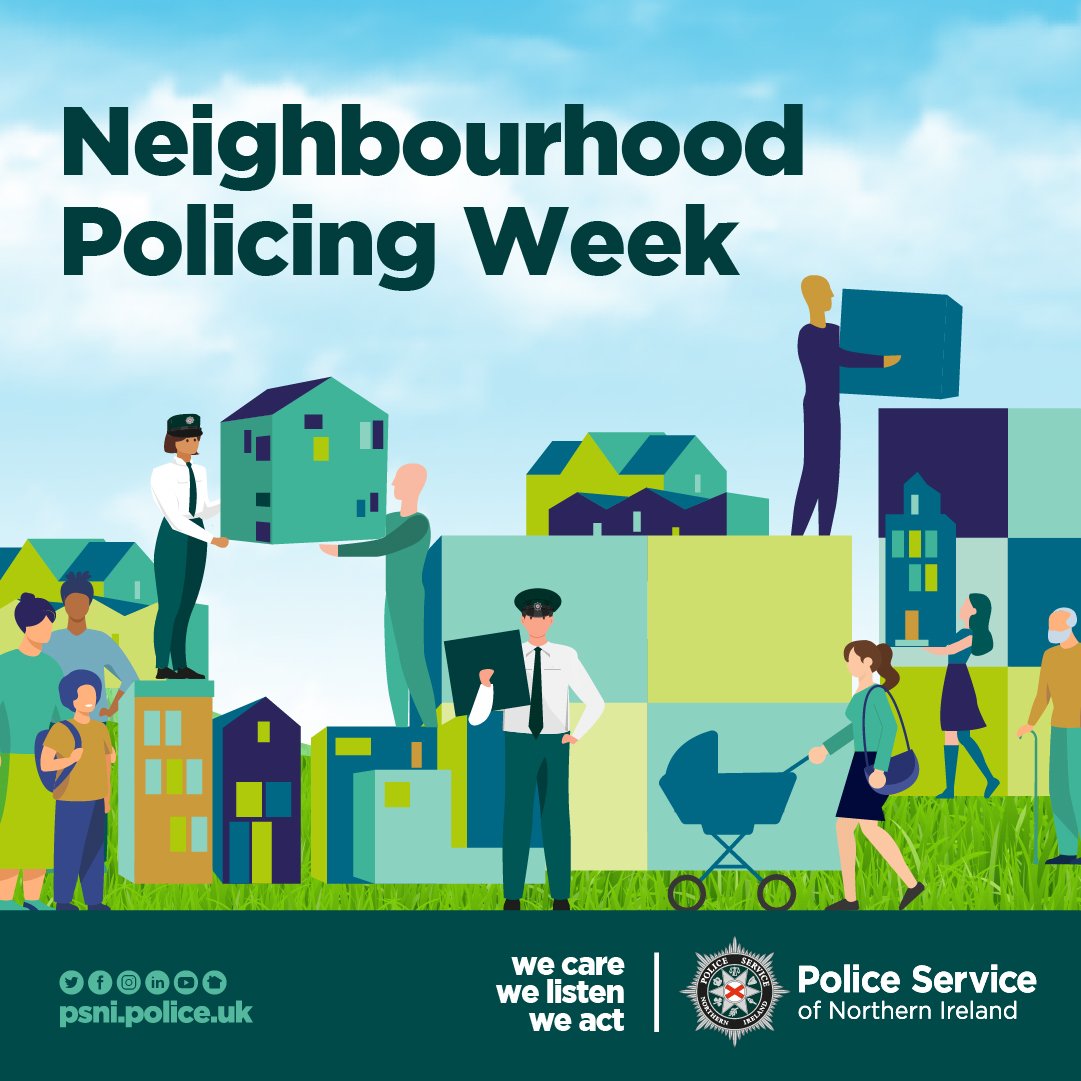
During the Programme, Student Officers learn that good policing requires collaboration and connection to the community. With their input, we have more effective problem solving, safer communities and confidence in policing.
Our diverse team has a number of officers from Head of Department, to Constable who come from a neighbourhood policing background. Throughout the course their experiences are shared with the students to enhance learning and development.
Student Officers complete a community focused problem solving research project where they use a number of police decision making models when dealing with a scenario.
One particular lesson which has been designed by a previous neighbourhood police officer, focuses on ‘Policing with the Community’. Within this class, students are taught about the importance of understanding the community they are policing in and they work through a number of neighbourhood policing scenarios with their problem-solving mind set. They work in groups to explore the best possible approaches to dealing with incidents’.
A Neighbourhood Officer now working within the College said this when answering the question, ‘‘How do you bring your experience of neighbourhood policing into your teaching at the Police College?”
"For me, Neighbourhood Policing is a supportive and adaptive role working with communities for communities. Experience in this role transfers into the Police College community through the supporting and encouragement of new Student Officers to consider a problem solving, decision making, partnership working, victim focus and a preventative mind set, all of which are an important part of their training and development. At the end of Foundation Training, the newly attested Constables hit the ground running, making a difference, providing support and protecting the most vulnerable in the communities they serve."
Here is what one Student Officer thinks:
"Throughout my training at the Police College I have learnt the importance of communication with people, it is not about making presumptions, and it is about having conversations with the public and dealing with situations as they come. At the end of the day we are in the role because we want to keep the community safe and this can only happen if we engage with people. I think that is what Neighbourhood Policing is all about."
SO McClinton
